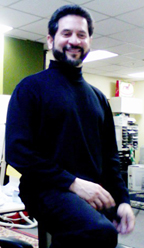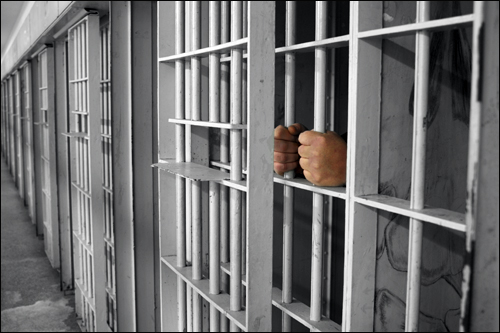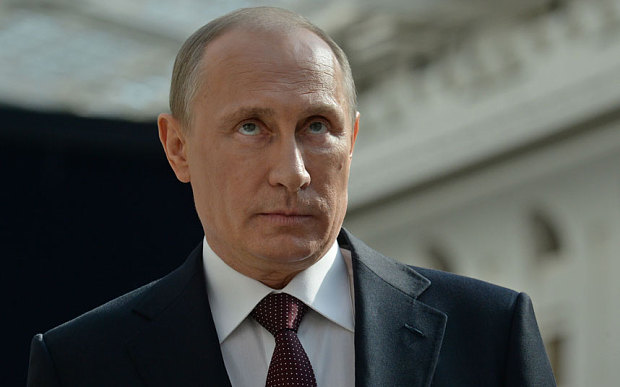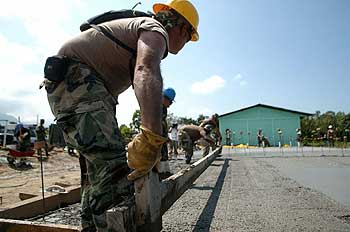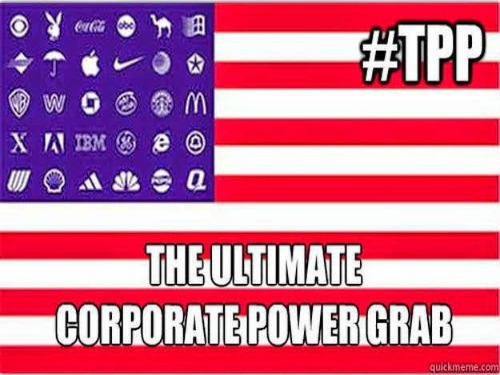NOTE FROM THE EDITOR:
Dear readers, I found this great article, previously published by Zero Hedge, on one of the most secretive banks: the Bank of the International Settlements. This is the bank that is above all banks, top of the top of the world controllers. Higher than all world Central Banks. Super interesting! THIS IS PART FOURTH and LAST OF A SERIES.
Nothing comes closer to the stereotypical, secretive group determining the fate of over 7 billion people, than the Bank of International Settlements
by zero hedge
Over the centuries there have been many stories, some based on loose facts, others based on hearsay, conjecture, speculation and outright lies, about groups of people who “control the world.” Some of these are partially accurate, others are wildly hyperbolic, but when it comes to the historic record, nothing comes closer to the stereotypical, secretive group determining the fate of over 7 billion people, than the Bank of International Settlements, which hides in such plain sight, that few have ever paid much attention.
The BIS is a unique institution: an international organization, an extremely profitable bank and a research institute founded, and protected, by international treaties. The BIS is accountable to its customers and shareholders—the central banks—but also guides their operations. The main tasks of a central bank, the BIS argues, are to control the flow of credit and the volume of currency in circulation, which will ensure a stable business climate, and to keep exchange rates within manageable bands to ensure the value of a currency and so smooth international trade and capital movements. This is crucial, especially in a globalized economy, where markets react in microseconds and perceptions of economic stability and value are almost as important as reality itself.
The BIS also helps to supervise commercial banks, although it has no legal powers over them. The Basel Committee on Banking Supervision, based at the BIS, regulates commercial banks’ capital and liquidity requirements. It requires banks to have a minimum capital of eight percent of risk-weighted assets when lending, meaning that if a bank has risk-weighted assets of $100 million it must maintain at least $8 million capital. The committee has no powers of enforcement, but it does have enormous moral authority. “This regulation is so powerful that the eight percent principle has been set into national laws,” said Peter Akos Bod. “It’s like voltage. Voltage has been set at 220. You may decide on ninety-five volts, but it would not work.” In theory, sensible housekeeping and mutual cooperation, overseen by the BIS, will keep the global financial system functioning smoothly. In theory.
The reality is that we have moved beyond recession into a deep structural crisis, one fueled by the banks’ greed and rapacity, which threatens all of our financial security. Just as in the 1930s, parts of Europe face economic collapse. The Bundesbank and the European Central Bank, two of the most powerful members of the BIS, have driven the mania for austerity that has already forced one European country, Greece, to the edge, aided by the venality and corruption of the country’s ruling class. Others may soon follow. The old order is creaking, its political and financial institutions corroding from within. From Oslo to Athens, the far right is resurgent, fed in part by soaring poverty and unemployment. Anger and cynicism are corroding citizens’ faith in democracy and the rule of law. Once again, the value of property and assets is vaporizing before their owners’ eyes. The European currency is threatened with breakdown, while those with money seek safe haven in Swiss francs or gold. The young, the talented, and the mobile are again fleeing their home countries for new lives abroad. The powerful forces of international capital that brought the BIS into being, and which granted the bank its power and influence, are again triumphant.
The BIS sits at the apex of an international financial system that is falling apart at the seams, but its officials argue that it does not have the power to act as an international financial regulator. Yet the BIS cannot escape its responsibility for the Euro-zone crisis. From the first agreements in the late 1940s on multilateral payments to the establishment of the Europe Central Bank in 1998, the BIS has been at the heart of the European integration project, providing technical expertise and the financial mechanisms for currency harmonization. During the 1950s, it managed the European Payments Union, which internationalized the continent’s payment system. The BIS hosted the Governors’ Committee of European Economic Community central bankers, set up in 1964, which coordinated trans-European monetary policy. During the 1970s, the BIS ran the “Snake,” the mechanism by which European currencies were held in exchange rate bands. During the 1980s the BIS hosted the Delors Committee, whose report in 1988 laid out the path to European Monetary Union and the adoption of a single currency. The BIS midwifed the European Monetary Institute (EMI), the precursor of the European Central Bank. The EMI’s president was Alexandre Lamfalussy, one of the world’s most influential economists, known as the “Father of the euro.” Before joining the EMI in 1994, Lamfalussy had worked at the BIS for seventeen years, first as economic adviser, then as the bank’s general manager.
For a staid, secretive organization, the BIS has proved surprisingly nimble. It survived the first global depression, the end of reparations payments and the gold standard (two of its main reasons for existence), the rise of Nazism, the Second World War, the Bretton Woods Accord, the Cold War, the financial crises of the 1980s and 1990s, the birth of the IMF and World Bank, and the end of Communism. As Malcolm Knight, manager from 2003–2008, noted, “It is encouraging to see that—by remaining small, flexible, and free from political interference—the Bank has, throughout its history, succeeded remarkably well in adapting itself to evolving circumstances.”
The bank has made itself a central pillar of the global financial system. As well as the Global Economy Meetings, the BIS hosts four of the most important international committees dealing with global banking: the Basel Committee on Banking Supervision, the Committee on the Global Financial System, the Committee on Payment and Settlement Systems, and the Irving Fisher Committee, which deals with central banking statistics. The bank also hosts three independent organizations: two groups dealing with insurance and the Financial Stability Board (FSB). The FSB, which coordinates national financial authorities and regulatory policies, is already being spoken of as the fourth pillar of the global financial system, after the BIS, the IMF and the commercial banks.
The BIS is now the world’s thirtieth-largest holder of gold reserves, with 119 metric tons—more than Qatar, Brazil, or Canada. Membership of the BIS remains a privilege rather than a right. The board of directors is responsible for admitting central banks judged to “make a substantial contribution to international monetary cooperation and to the Bank’s activities.” China, India, Russia, and Saudi Arabia joined only in 1996. The bank has opened offices in Mexico City and Hong Kong but remains very Eurocentric.
Estonia, Latvia, Lithuania, Macedonia, Slovenia, and Slovakia (total population 16.2 million) have been admitted, while Pakistan (population 169 million) has not. Nor has Kazakhstan, which is a powerhouse of Central Asia. In Africa only Algeria and South Africa are members—Nigeria, which has the continent’s second-largest economy, has not been admitted. (The BIS’s defenders say that it demands high governance standards from new members and when the national banks of countries such as Nigeria and Pakistan reach those standards, they will be considered for membership).
Considering the BIS’s pivotal role in the transnational economy, its low profile is remarkable. Back in 1930 a New York Times reporter noted that the culture of secrecy at the BIS was so strong that he was not permitted to look inside the boardroom, even after the directors had left. Little has changed. Journalists are not allowed inside the headquarters while the Global Economy Meeting is underway. BIS officials speak rarely on the record, and reluctantly, to members of the press. The strategy seems to work. The Occupy Wall Street movement, the anti-globalizers, the social network protesters have ignored the BIS. Centralbahnplatz 2, Basel, is quiet and tranquil. There are no demonstrators gathered outside the BIS’s headquarters, no protestors camped out in the nearby park, no lively reception committees for the world’s central bankers.
As the world’s economy lurches from crisis to crisis, financial institutions are scrutinized as never before. Legions of reporters, bloggers, and investigative journalists scour the banks’ every move. Yet somehow, apart from brief mentions on the financial pages, the BIS has largely managed to avoid critical scrutiny. Until now.

